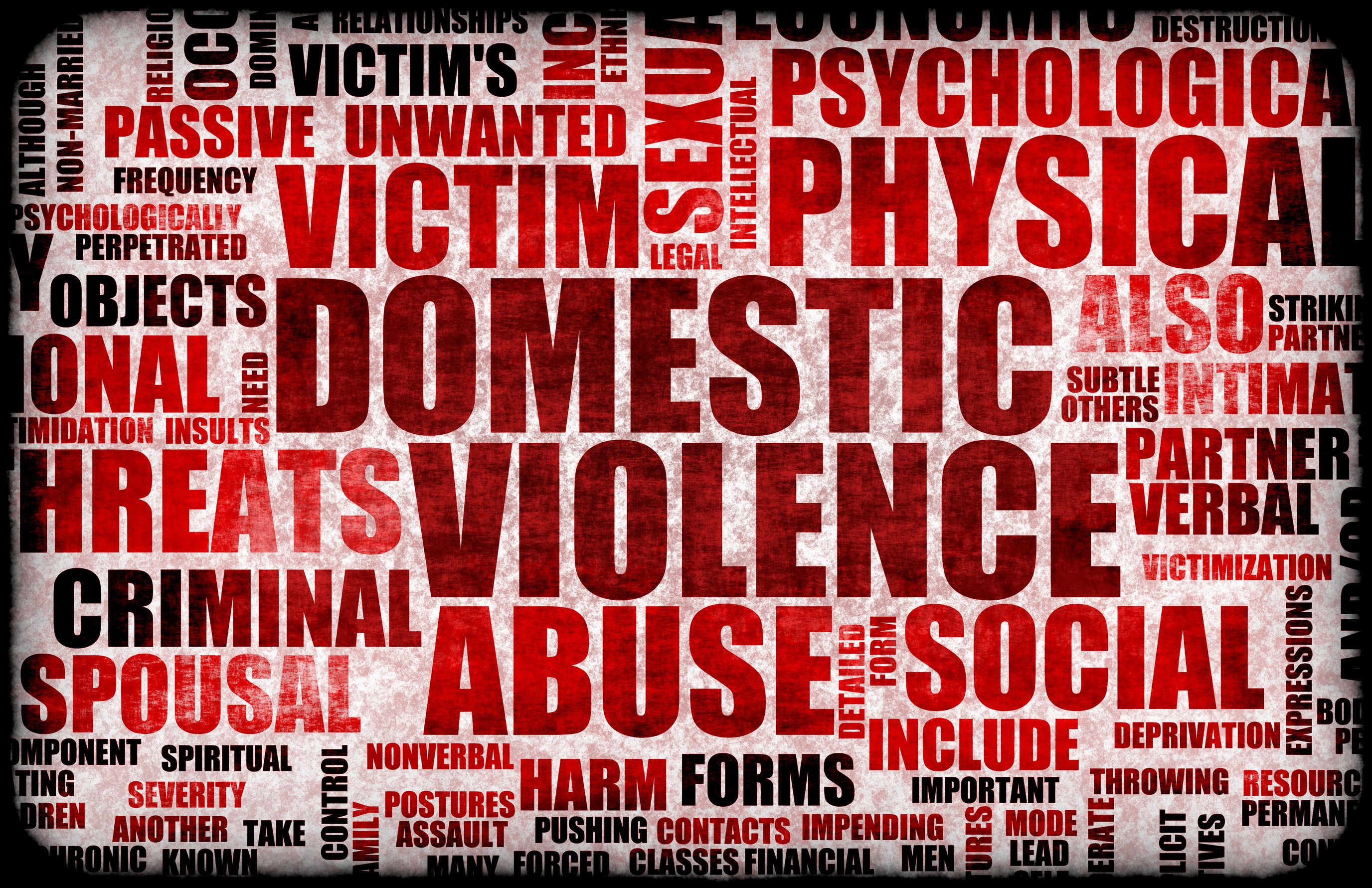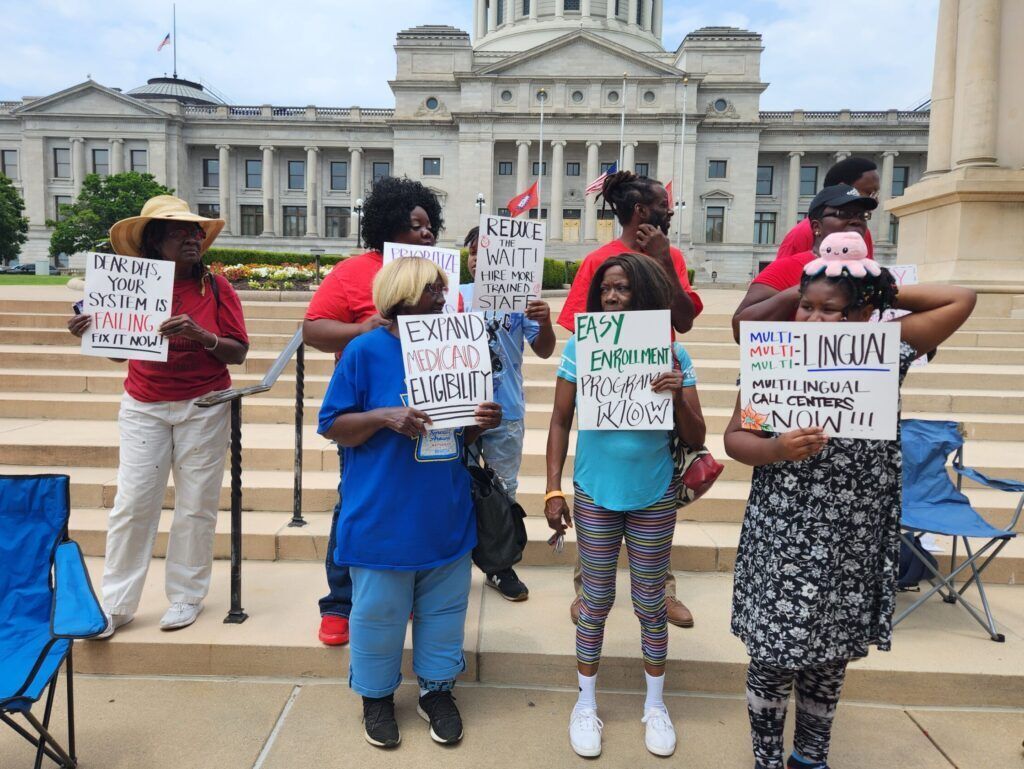
“Why don’t you just leave?”
A question many of our clients have heard before. The truth is, leaving is not always that simple. For many victims of domestic violence, there are multiple barriers to leaving the abusive relationship: children, fear, love, and even money.
In fact, the number one reason survivors of domestic abuse stay in the relationship is because they lack the resources required to start a new life. This is because they have also been victims of what is called financial abuse.
What is financial abuse?
In the most basic terms, financial abuse is using money to control another person. While not often talked about, financial abuse is one of the strongest ways abusers are able to keep their victims trapped in the relationship, because victims are 100% financially dependent on the abuser. Financial abuse is estimated to occur in 99% of domestic violence cases.
To clarify: financial abuse is more than simply one partner working or being the primary breadwinner. Financial abuse is when one partner is so completely dependent on the other for financial sustenance, that the victim has no choice but to follow the instructions of the abuser to survive.
What are the signs of Financial Abuse?
Financial abuse occurs when one partner controls all of the finances of the relationship. Typically, victims of financial abuse are not allowed to work, or if they do, they must transfer their paycheck to their spouse. Victims must ask their partner for money anytime they need it, and in the most serious cases, must present receipts of how the money was spent. Victims are not allowed to maintain their own bank account, and often do not have their name on the bank account of their spouse, therefore they have no independent way of obtaining money.
It is important to recognize that many times, abusers are able to spin the abuse in a positive light. For example, one partner may say “You just take care of the children, and I’ll work and make sure the bills are paid.” Similarly, one partner may say they are better with money, so need to control the finances.
Victims of financial abuse often have trouble finding a job after leaving due to long gaps in work history and lack of experience. They usually have no money to pay a security deposit on a place to live, poor credit, no money for gas (or a car, for that matter), and little money for food.
How can you protect yourself from Financial Abuse?
The easiest way to protect yourself from financial abuse is to maintain your own checking or savings account. Make sure only you have access to the PIN number, and that it is a number your spouse could not guess.
Make sure you know what your household assets are, what they are worth, and how much debt you collectively have. Additionally, get copies of important papers: bank statements, marriage certificates, papers relating to assets, etc. and keep somewhere safe outside your shared home. Remove your name from sources of shared debt after leaving. You will still be liable for debt accrued, but you will not be liable for anything your spouse charges after that point.
Finally, after leaving, you should try sending copies of any court papers along with a personal letter explaining your situation to credit agencies to see if they will give you a credit card with a low limit. Find any sort of job you can. While it will not be much, it will be a start to getting on your own two feet.
Key words: domestic violence, financial abuse, DV, divorce




